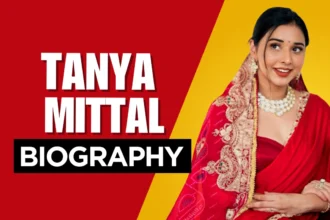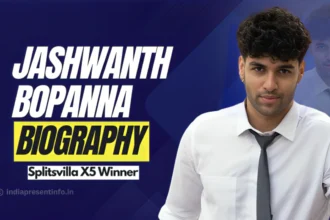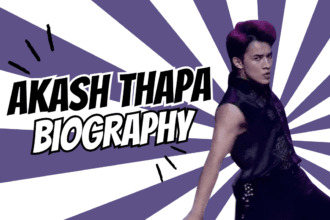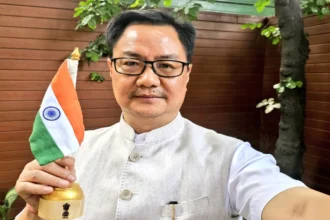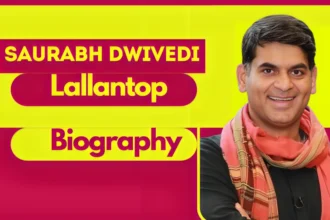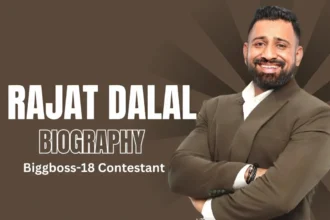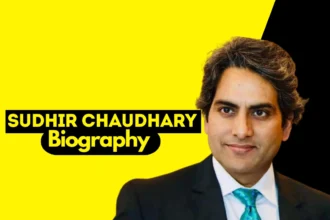The Bold Life of Rashida Nicole: Teen Mom to Tabloids
We all have to go through changes, trials and tribulations. If you…
Aniket Pakhrin Lama’s rise from Siliguri to Spiltsvilla is Fascinating
Lately, North-East India’s talent has been lighting up India’s entertainment world, and…
Tanya Mittal’s life is all about Business,Beauty and Bravery
Heading home after dropping out of college, all she had was 500…
Rev. Lorenzo Sewell’s life transformed from a drug dealer to a Pastor
I was a dope dealer on Friday but I became a hope…
Life of Rev. Frank Mann: A Priest, Writer and Animal Lover
I think we have to be sensitized to the Dignity of Life…
Himani Mor’s life has Tennis Talent and Olympic Love
Losing is very easy, for winning, the comparison is difficult but when…
How Preeti Panigrahi’s rise proves dreams do come true
For those with creative minds, the world is a blank canvas and…
Jashwanth Bopanna’s life broke the Mould from the Start
From a boy with big eyeglasses to a fit hunk who won…
Akriti Negi’s Life Swings Big, Badminton to Reality TV
From a middle-class girl who smashed Badminton shots to a reality TV…
Priya Judoka’s inspiring life story: From Judo to Roadies
She’s come a long way from a girl growing up in a…
Akash Thapa’s love for Dance changed his life for real
Akash Thapa is not just a top-notch choreographer but also an actor…
Ahilya Bamroo’s life: From Auroville to Hindi Fims
She is a pro at mimicking accents, playing the guitar, and even…
Roma Michael’s Life story: Passion, Pakistan, Pageantry
Coming from a small city in a strict country like Pakistan and…
Sonam Wangchuk’s whole Life is dedicated to Ladakh’s Future
Some people know him as the "real-life Phunsukh Wangdu" of the enormously…
Kiren Rijiju’s life : From National Athlete to Union Minister
You might know him as one of the strong voices in Indian…
Saurabh Dwivedi’s Life story tells that your choices decide who you are
Saurabh Dwivedi’s life took a turn when he gathered the guts to…
Rajat Dalal’s life explored: Powerlifting, Pange and Popularity
His name evokes all kinds of reactions from different people. Some see…
Sudhir Chaudhary’s crazy life: Struggle, Scandals, Success
Sudhir Chaudhary has come a long way from a quiet kid to…


